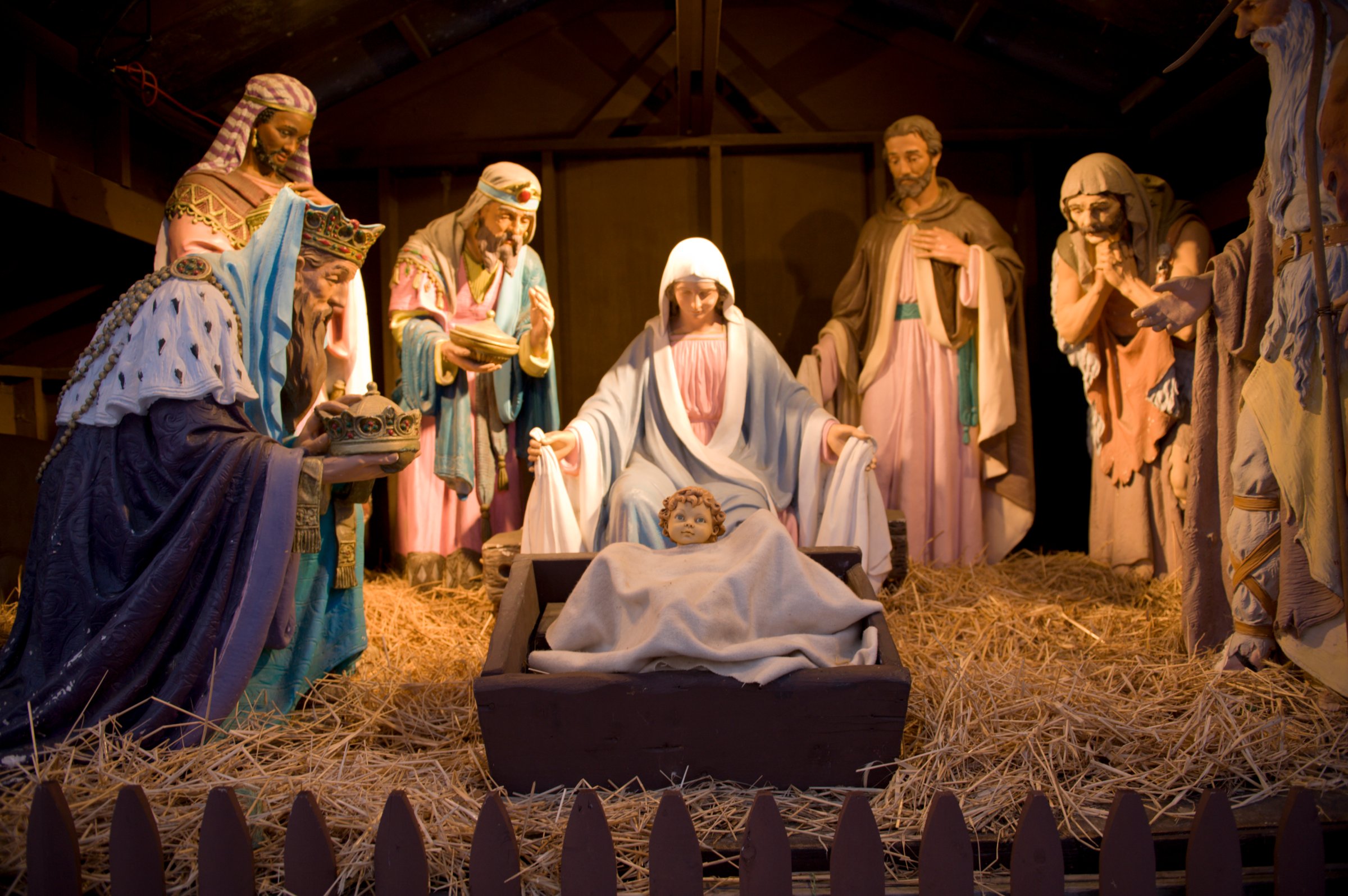
As our eyes fall upon the familiar manger scenes scattered throughout our churches and homes this Christmas season, it is hard not to think about the millions of people from that same manger land who are seeking refuge from terror and oppression now 2,000 years later.
Where will they go? Who will give them shelter?
As Oliver Willis with Media Matters tweeted: “if only we had a seasonally appropriate story about middle eastern people seeking refuge being turned away by the heartless.”
This less-than-140-character comment has inspired thousands of words in response, many of them from conservative Christians attacking Willis for committing a grave offense against the Christmas story. “Christmas is about Christ,” they insist, “not Syrian refugees. The holy family was simply returning to Bethlehem for a census.” Factually, these critics are right. But they miss the much larger point of the Christmas narrative.
The Christmas story is not about a refugee family, but it is about a family seeking refuge. Ordered by an occupying government to travel by foot for days on end so that Caesar Augustus could count the number of people under his order, an expectant mother at the peak of her pregnancy is forced to undergo the single most dangerous experience of a first-century woman’s life not at home, but away in a manger.
It was a fiercely political environment through which they wandered. Why should we pretend like it wasn’t?
Like modern-day Pharisees, the “Christ-only” Christmas people dig in their heels and thump their holy book, refuting faith, hope and love with distracting technicalities, legalistic interpretations and references to allegory and symbolism. Ironically, it is hard not to ask them: what happened to your Biblical literalism?
I believe the Christmas story should open our eyes and our hearts to those most vulnerable in our midst. To those whose only hope is to travel by foot and inflatable raft for days in search of a livable life—many of whom look very much like the Middle Eastern Mary, Jesus’ mother.
Our presidential candidates have said they would admit refugees from the Middle East who believe like the Jewish Mary or the Christian James, brother of Jesus. However, Jeb Bush, Ted Cruz and Donald Trump have balked at welcoming refugees who are Muslim. Not only is this religious discrimination fundamentally anti-American, it flies in the face of foundational Christian values.
When Jesus is asked how one inherits eternal life, he responds with the story of the Good Samaritan. The most startling part of the story is that in Jesus’ time Samaritans were perceived similarly to American Muslims today.
Imagine the Pope, when asked how one gets into heaven, answering with a story about a young Muslim from Syria. This is the story Jesus tells.
Jesus tells us to welcome the stranger, to feed the hungry, to go and sell all your possessions and give the money to the poor. Jesus asks that we treat all of humanity with the same love, kindness and generosity that he modeled throughout his life.
The Christmas story reminds us of a family struggling under the yoke of an oppressive regime. Of a God who became human to take on our struggles and strife and to embody divine love, whose light shines on all. As he tells us, whatever we have done for the least among us we have done to him.
As followers of Jesus we are called to welcome the strangers of our time. To return the care shown by the Good Samaritan to today’s marginalized communities. And to open our hearts and our doors to those seeking refuge this Christmas season, whatever their religion.
More Must-Reads from TIME
- Donald Trump Is TIME's 2024 Person of the Year
- Why We Chose Trump as Person of the Year
- Is Intermittent Fasting Good or Bad for You?
- The 100 Must-Read Books of 2024
- The 20 Best Christmas TV Episodes
- Column: If Optimism Feels Ridiculous Now, Try Hope
- The Future of Climate Action Is Trade Policy
- Merle Bombardieri Is Helping People Make the Baby Decision
Write to Serene Jones at presoffice@uts.columbia.edu